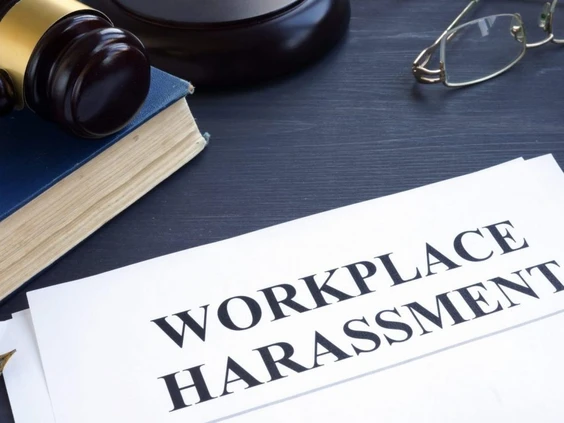‘Workplace culture’ is becoming an oxymoron.
It is a term used by institutions that insist they work differently; that they stand apart from the rest. But employees often find their work to be repetitive and passionless. It is the thing you do in order to live, not your raison d’etre.
That was in the best of times.
COVID-19 has caused a quiet revolution of employees pushing to reframe how work is done. Remote work and a detachment from employer micromanagement is an expected term of engagement. These are good things because employee empowerment is on the rise.
But, the sneaky underbelly that seems to be creeping up is the slow decline of workplace culture. Workplace culture during the pandemic was of little, if any importance.
The pandemic also introduced a curious phenomenon where employees are quick to call out bad actors publicly, online, rather than availing themselves of internal channels. The notion of being “loyal to the brand” is vanishing or has been vanquished entirely in some companies.
Take for example the recent outing of an email sent by Applebee’s franchise exec Wayne Pankratz. With the subject heading “why gas increase is good for hiring,” Pankratz wrote to other employees at Apple Central LLC, “Most of our employee base and potential employee base live paycheck to paycheck.” and “Any increase in gas prices cuts into their disposable income. As inflation continues to climb and gas prices continue to go up, that means more hours employees will need to work to maintain their current level of living.”
Pankratz also noted that the company is no longer “competing with the government when it comes to hiring” as stimulus cheques and unemployment have wound down in the U.S. He noted, “People who (were) relying on unemployment money will simply have less money to spend. It will force people back into the workforce.”
Ironically, Pankratz signed off by saying, “Most importantly, have the culture and environment that will attract people.”
The email was leaked publicly.
According to Vice News, Pankratz’s leaked email caused a “mass resignation” at a Kansas Applebee’s.
Business Insider reported the Chief Operations Officer at Applebee’s said, “The individual has been terminated by the franchisee who owns and operates the restaurants in this market.”
The obvious lesson here is that all employees of every stripe and level should consider “internal” emails public. We are operating in a society where wrongdoers will be held to account, most often firstly in the court of public opinion. If this email had not been leaked, Pankratz may well still be employed.
The email leak itself points to a sea change in workplace culture. Dirty laundry will be aired. Skeletons will be outed from their closets.
While the email was toxic and created legal liability, some would also argue that the leaking of it was insubordinate by the leaker.
Clearly, the pandemic has forced employer loyalty and workplace culture into the backseat while a worker revolution takes the wheel.
Employers must tread a fine line between insisting on loyalty and encouraging transparency.
Employers are clearly facing a crisis when it comes to building new workplace cultures following the pandemic, rising inflation rates, and supply chain disruption.
Organizations must take steps to carefully and mindfully build a workplace culture that is not window dressing. It must be believed, it must be the essence of your organization, and it can’t be an oxymoron.
On to your questions for this week:
Q. I have been working in sales for five years and have always received positive performance reviews. This winter, I received a negative performance review that I disagreed with and went to HR about. I have now been terminated. Can my negative performance review that I did not agree with be used against me to reduce my severance package?
A. If you were not terminated for cause, performance should not weigh into the length of your notice period. Technically, it doesn’t matter how well you performed in your role, as that is not a factor that is legally considered in terms of how long it may take you to get a new job. If you believe, however, that you received a negative performance review in anticipation of your termination, that may be a topic to consider getting legal advice on, in addition to having your severance package reviewed. Get advice before signing anything.
Q. I am a small employer reopening our office in May. While most of our employees are vaccinated I know of at least two that are not. Which steps do I have to take prior to them returning?
A. As a private employer, how you decide to manage the return to work as well as whether or not you will implement a vaccine mandate is largely up to you. Now that vaccination mandates have dropped in most of the country, you can determine whether or not vaccination is critical to the return to the workplace. If you believe that vaccination is necessary to provide a safe working environment you may communicate that to all of your staff, including the two employees who are not vaccinated. You may also consider allowing for weekly testing and masking measures in the workplace to limit risk.
Have a workplace issue? Maybe I can help! Email me at sunira@worklylaw.com and your question may be featured in a future column.
The content of this article is general information only and is not legal advice.




